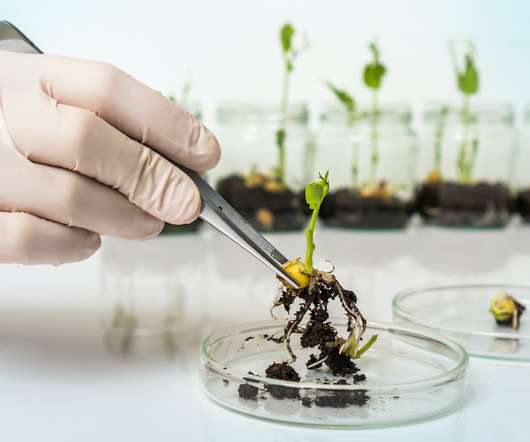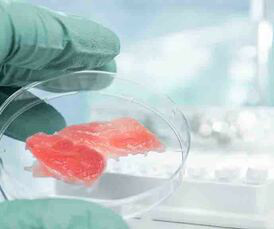Welsh biotech firm announces AD-boosting additive
Envirotec Magazine
OCTOBER 19, 2020
Cardiff-based biotech company Genesis Biosciences has developed what it describes as a novel and low site footprint solution to help bolster the performance and environmental credentials of anaerobic digestion (AD) systems. Wastewater treatment plant.



















Let's personalize your content